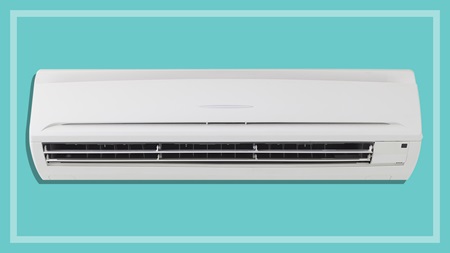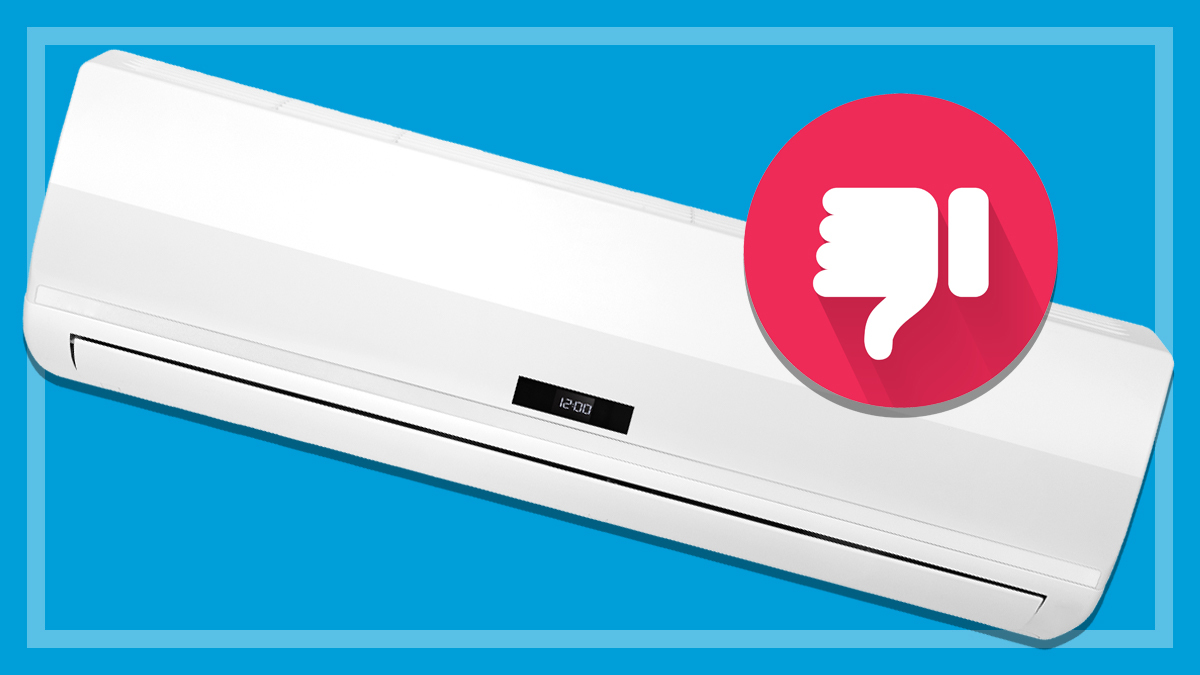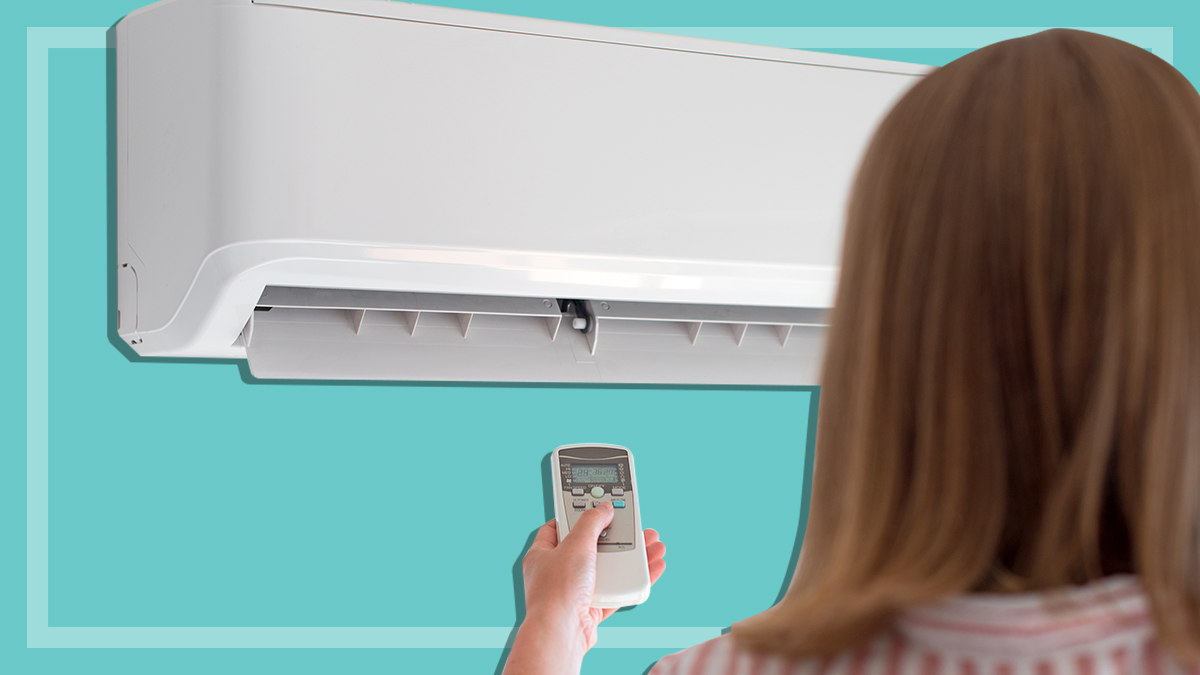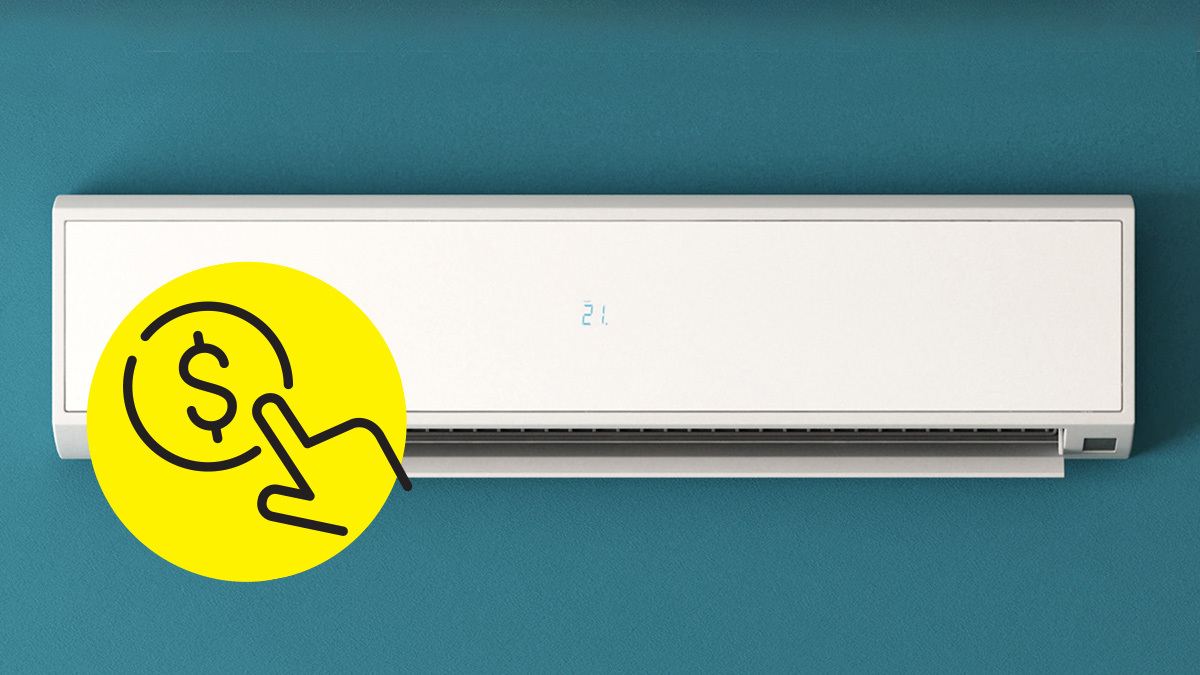Get our independent lab tests, expert reviews and honest advice.
Buying a new air conditioner? We blow away 7 common myths
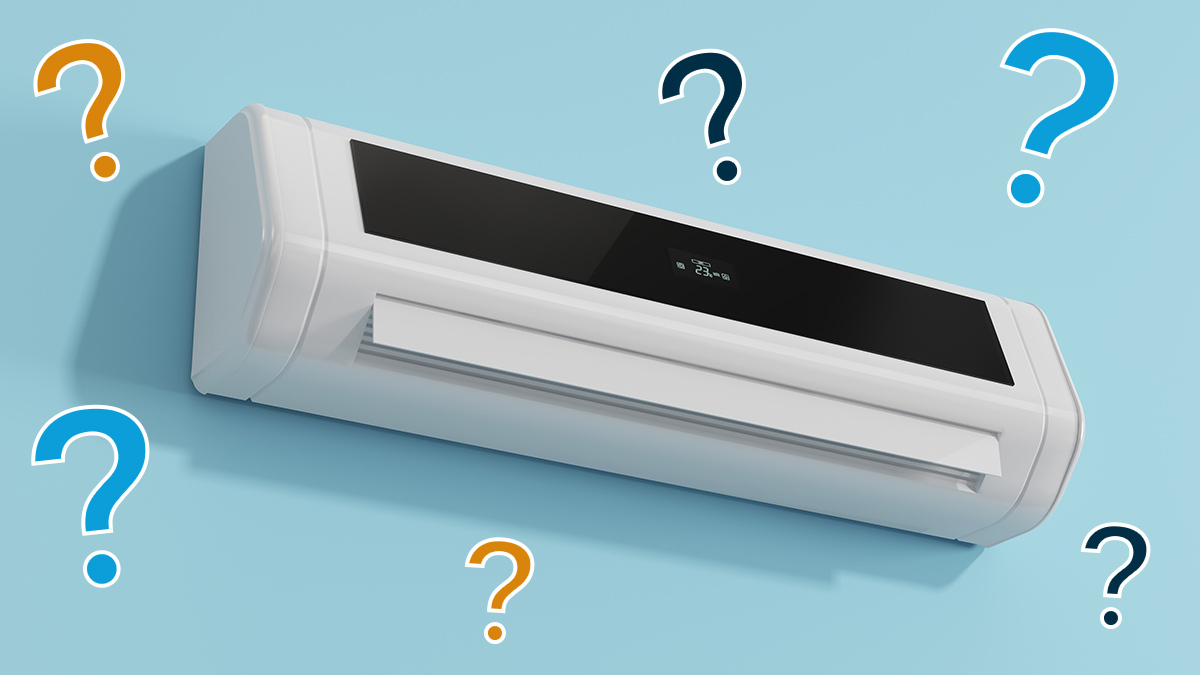
Need to know
- We share insights from CHOICE experts to help you avoid some of the common mistakes we see when people are choosing an air conditioner
- Our latest comparison has 240-plus reverse-cycle air conditioners from all the leading brands, scoring them for cooling and heating efficiency, brand reliability, air flow and running costs
- Become a CHOICE member to access our full reviews and compare key scores and features side by side
An air conditioner is an exciting purchase – no more opening the fridge door to cool down on hot days!
But with so many different units, brands and types available, choosing which model to buy can be a daunting task.
Most people just want an air conditioner that will keep them cool in summer (and warm in winter) at a good purchase price, as well as one that won’t send their energy bills skyrocketing.
But once you start shopping, it’s easy to get lost in all the sales spin and become confused by the size or features you actually need.
To cut through all the hot air, we asked one of our expert testers to bust some of the most common air conditioner myths that can lead shoppers astray.
Myth 1: Bigger is always better
A bigger, more powerful unit is going to be better at cooling a room, right? Well, according to CHOICE expert Chris Barnes, the opposite can actually be true. He says that a unit that’s too powerful for the space will do something called ‘short cycling’.
“Short cycling happens when the unit cools the room too quickly – without dehumidifying the air properly in the process,” he says. “This means it will need to use more energy, and the air will also feel less comfortable due to the humidity.”
Chris advises taking the time to calculate the correct air con size for your space.
It’s not only room size that matters … insulation, location and orientation can make a big difference
Chris Barnes, CHOICE air conditioner expert
“It’s not only room size that matters,” he says. “Things like insulation, location and orientation can make a big difference to your air-conditioning requirements.”
CHOICE verdict: Myth busted! Choose a model with capacity that’s either just right or slightly more than you’ll need for the room.
Myth 2: Air conditioners are only good for cooling
If you think air conditioners are a summer-only appliance, think again.
“There’s this persistent idea that air conditioners are so expensive to run that you’re better off wheeling out your gas or electric heater in winter,” says Chris.
“This is a massive misconception – it’s significantly cheaper to effectively warm a room with a reverse-cycle air con than a plug-in heater.”
CHOICE verdict: Myth busted! An air conditioner is useful all year round, so it’s worth investing in a good one. Check out our reverse-cycle air conditioner reviews, which evaluate both cooling and heating performance.
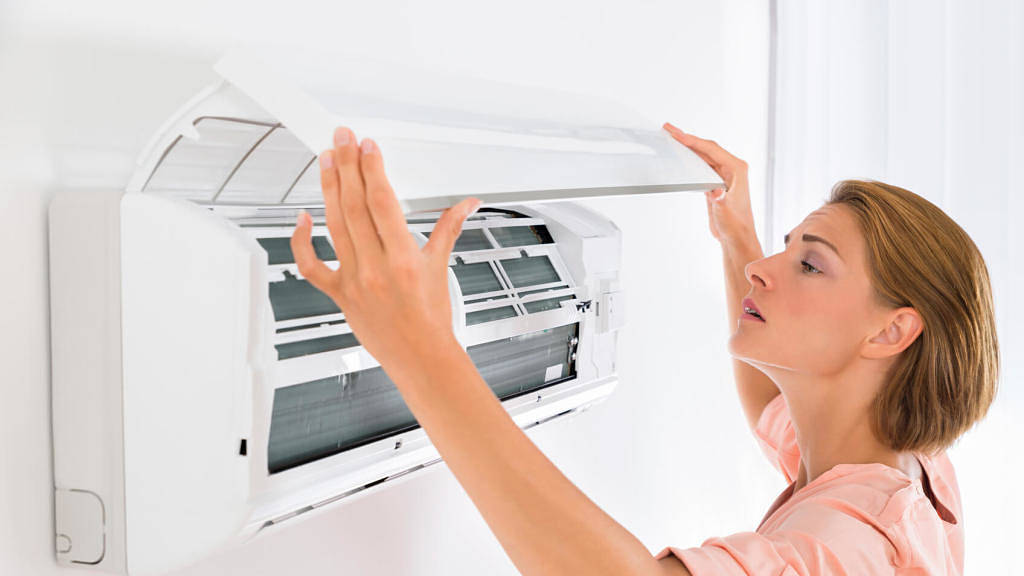
Myth 3: Air conditioners cost roughly the same to run
It’s no secret that air con can be a costly appliance to run. But our comparison shows that two air conditioners of the same size can have running costs that differ by more than $100 a year.
Chris advises: “Look at the unit’s energy star rating, or the running costs that we calculate based on average use. These will give you the best idea of which models are the most cost-effective to run.”
CHOICE verdict: Myth busted! A more efficient model could save you hundreds. Check our air conditioner reviews to compare running costs for individual models.
Myth 4: There’s no point replacing an old unit until it breaks down
It may be tempting to keep using your old air con. But Chris recommends replacing your air conditioner if it’s more than 10 years old – even if it still works fine.
“The energy efficiency of air conditioners has improved a lot over the last decade, so older models cost a lot more to run,” he says.
“You may not feel like shelling out the extra cash for a new unit, but if you use it a lot, a newer model could save you hundreds in running costs each year.”
CHOICE verdict: Myth busted! Replace your old unit sooner rather than later.
Myth 5: All modern air conditioners are pretty quiet
It’s true that most air conditioners nowadays are fairly quiet compared with the noisy models of the past. But Chris warns: “Some cheaper or less reliable brands are a bit too noisy, especially the outdoor units.”
A loud outdoor unit may not seem like a big issue, but Chris says they can be disruptive if they are installed close to a neighbour’s window.
All manufacturers publish noise data on their websites, so it’s easy to check the ratings of both the indoor and outdoor unit before you buy.
CHOICE verdict: Myth busted! Some units can be annoyingly loud – and a noisy outdoor unit could cause conflict with your neighbours.
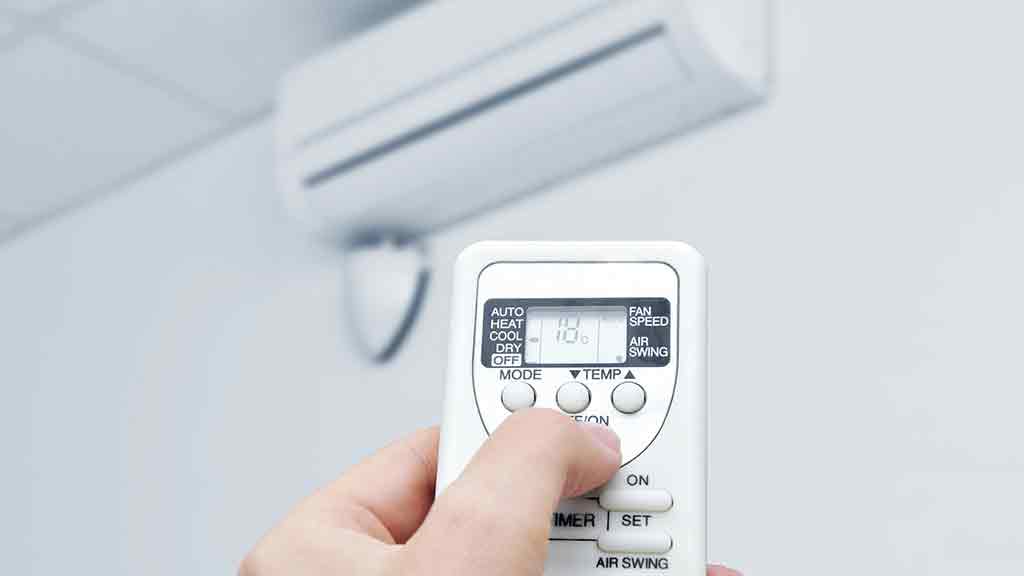
Myth 6: Expensive models always perform better
Our expert testing consistently disproves the saying ‘you get what you pay for’, and air conditioners are no exception.
You’ll find plenty of affordable units in our review that score similarly or better than their pricey counterparts.
Chris also has some advice on bagging a bargain: “Instead of buying this season’s newest model, try to find last year’s run-out stock instead. There won’t usually be much difference between models from the same manufacturer, but old stock is often significantly discounted.”
CHOICE verdict: Myth busted! Price isn’t always a good indicator of performance. Check our expert air conditioner reviews to find out which models score the highest.
Myth 7: Fancy features are just sales gimmicks
Gone are the days when an air conditioner remote control consisted of just an on/off switch and a temperature setting. If you’re in the market for a modern unit, you’ll notice new features like Wi-Fi control, a human presence sensor, and special modes like Eco (energy saving) and Sleep (noise reducing and temperature adjusting).
Gone are the days when an air conditioner remote control consisted of just an on/off switch and a temperature setting
Chris believes many of these new features are actually very useful.
“None of them are ‘must-haves’, but they can be quite effective at improving comfort and convenience and decreasing running costs.”
“For example, the human sensor feature saves you money by letting the temperature vary from the desired set-point when it can sense there’s nobody in the room. Wi-Fi apps can be useful for managing your energy use and for turning on your unit remotely.”
CHOICE verdict: Myth busted! If you’re likely to use them, special features can be good value.

